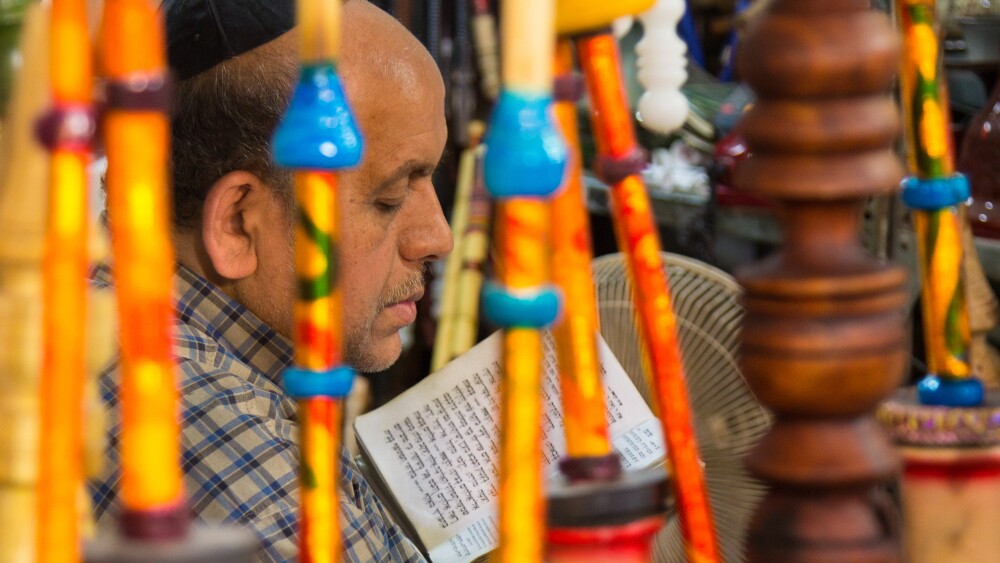Ahmad Hashemi confronts the Iranian regime’s post-conflict recalibration
The upcoming The Washington Outsider hashtag#Report on The Coalition – Talk Radio interview with Ahmad Hashemi confronts the Iranian regime’s post-conflict recalibration—both at home and across its regional footprint. The discussion delivers a sharp dissection of Iran’s unraveling regional posture in the wake of its direct confrontation with Israel and the cascading diplomatic fallout.
The interview opens with Australia’s decisive expulsion of Iran’s diplo-terrorists—a portmanteau now gaining traction to describe Tehran’s weaponization of diplomatic cover for covert operations. This move signals a broader shift in Canberra’s counter-interference doctrine, positioning Australia as a frontline democracy confronting transnational antisemitism and proxy intimidation.
The conversation then pivots to the global reverberations of the snapback sanctions, which have re-isolated Iran economically and politically. The regime’s attempts to frame its missile strikes on Israeli civilians as legitimate resistance are dismantled, with reference to Human Rights Watch’s rare rebuke—despite its historic anti-Israeli bias—labeling the attacks as likely war crimes. This moment marks a rupture in Tehran’s ability to manipulate international human rights discourse to shield its aggression.
Attention turns to the South Caucasus, where Iran finds itself strategically sidelined by President Trump’s participation in the Azerbaijan–Armenia peace deal and the proposed Zangezur corridor. The corridor, linking the Caspian and Black Seas, threatens to bypass Iran entirely, undermining its leverage over regional trade and transit. The interview explores how Tehran’s exclusion from this infrastructure realignment exposes its diminishing influence and deepens its strategic isolation. The corridor’s potential to foster economic interdependence between Armenia and Azerbaijan—while aligning with Western and Turkish interests—further marginalizes Iran’s role.
Throughout the program, the conversation examines how Tehran’s information warfare strategy is adapting to these setbacks. With its regional proxies under pressure and its diplomatic credibility eroding, Iran is recalibrating its propaganda apparatus to deflect blame and project strength. Yet the cracks are visible: from missile miscalculations to diplomatic expulsions, the regime’s projection strategy is faltering under the weight of its own contradictions.
This interview is not just a geopolitical postmortem—it’s a real-time autopsy of a regime losing its grip on the narrative, the region, and its relevance. But are these losses enough to bring about the collapse of the Islamic Republic – or will faltering international policies, and assistance from China, Russia, and North Korea, salvage the regime from the brink?

